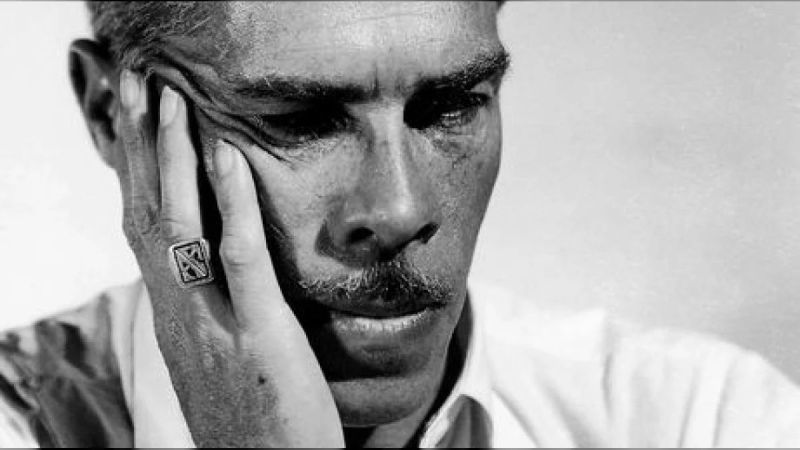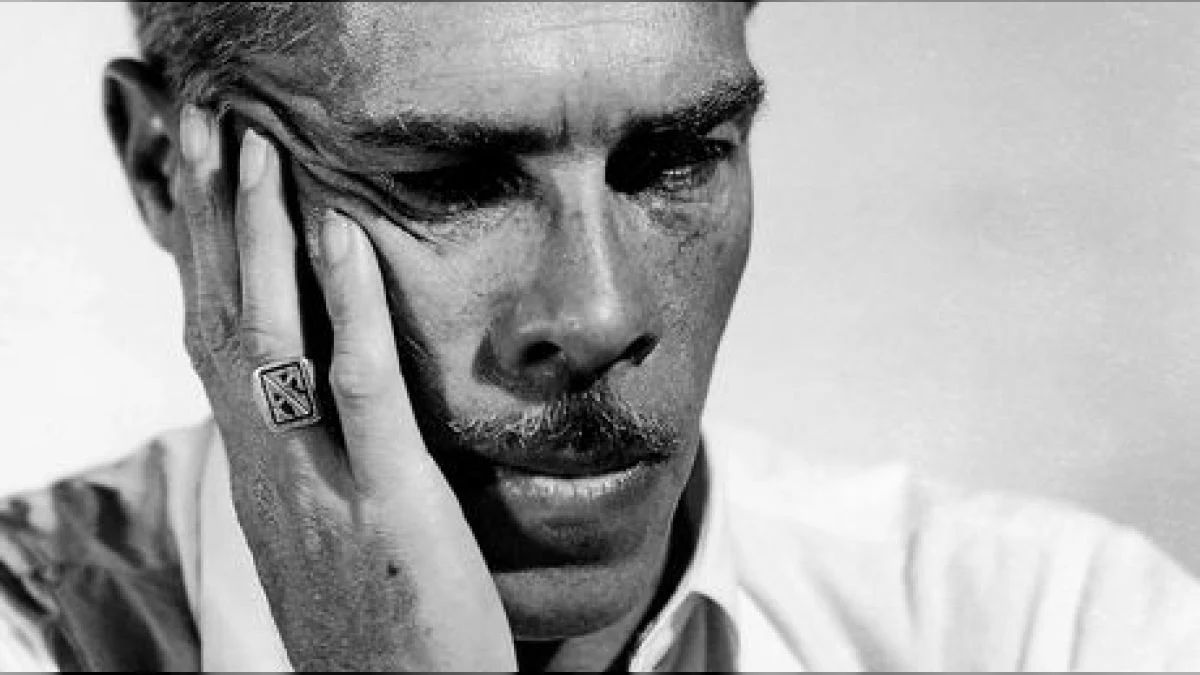It is 122 years since the birth of Antonio Arraiz, author of “Uncle Rabbit and Uncle Tiger”.


Internet

Published at: 27/03/2025 08:30 AM
On March 27, 1903, Antonio Arraiz, a prominent Venezuelan poet, journalist and novelist, was born in Barquisimeto, Lara State, who is especially remembered for his stories about “Uncle Rabbit and Uncle Tiger” and for the novel “Pure Men”.
Arrraz completed primary studies in his hometown (1909-1911), culminating in the German Catholic School in Caracas (1911-1914). As for secondary education, he completed it at the Andrés Bello and Caracas high schools.
At just 16 years old, he moved to the United States, where he stayed until he was 19 years old. During this period, Antonio became an aviator, participated in the cinema and dedicated himself to other professions to survive. Back in Venezuela, he began a remarkable sporting career, which included fencing and soccer.
He worked in a trading house and in a movie company as head of propaganda. He participated in the student protests against the Juan Vicente Gómez regime in February 1928, and was part of the group that participated in the assault on the San Carlos Barracks, for which he was tortured and imprisoned in La Rotunda, until January 1, 1935, when he was confined to Barquisimeto, where he worked for the newspaper El Heraldo.
Banished, he traveled through Ecuador and Colombia, and returned to Venezuela in April 1936, during the government of Eleazar López Contreras. He was director of the newspaper El Nacional (1943-1948). Following the overthrow of the Government of Rómulo Gallegos, he voluntarily went into permanent exile in the United States, where he married after a divorce and worked in the publications department of the United Nations.
In the northern country, he dedicated himself to writing poems, stories, novels, pedagogical texts. In addition, he became an important defender of nature, also passionate about geography and, in addition, in many of his writings, he was ahead of the struggles of demand.
As a novelist, he left his mark especially through his “Pure Men” (1938); as the author of books for teaching, the following stand out: “Tio Tigre y Tío Conejo” (1945) and as an essayist, “Bolivarian Cult” (1940).
Mazo News Team